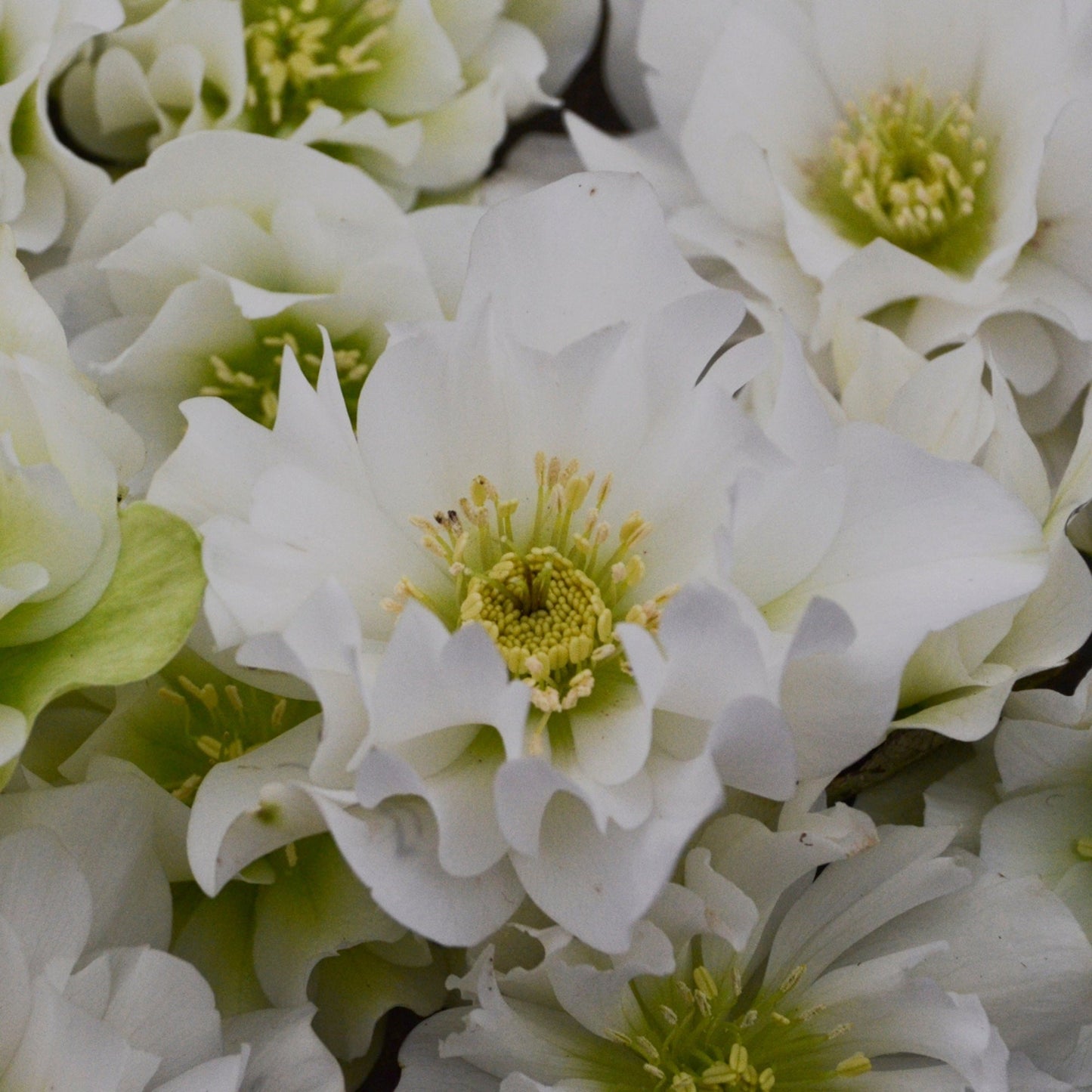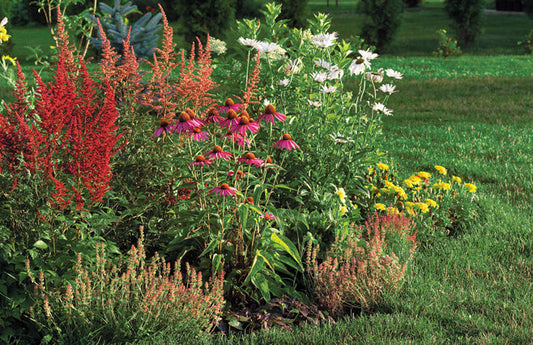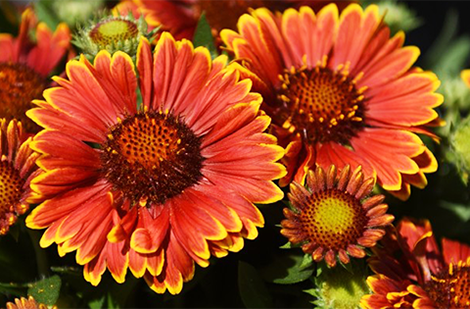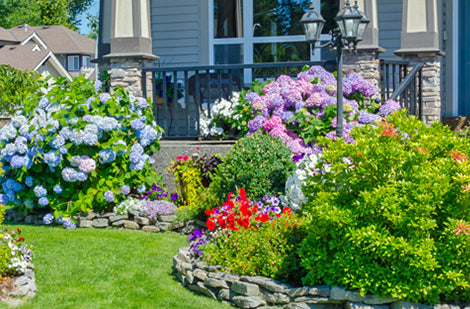Helleborus WEDDING PARTY® Wedding Bells
WEDDING PARTY® Wedding Bells Lenten Rose
WEDDING PARTY® Wedding Bells Lenten Rose
Exposure
- Partial shade
- Shade
Rusticity
Bloom time
- April
- May
- White tailed-deer resistant
- Double flowers
- Spring flowers
- White-tailed deer resistant
- Evergreen
The WEDDING PARTY® Wedding Bells hellebore (Helleborus x hybridus WEDDING PARTY® Wedding Bells) is a remarkable flowering perennial that will bring a touch of early spring freshness and elegance to your garden from late winter. This hybrid variety is distinguished by its large, bell-shaped flowers in an immaculate white, sometimes slightly veined with pink, which illuminate the dormant landscape.
Exceptional Features:
- Early Spring Bloom: The WEDDING PARTY® Wedding Bells hellebore blooms from late winter to early spring, among the first flowers to brave the cold, announcing the arrival of warmer days.
- Elegant Bell-Shaped Flowers: The large, bell-shaped flowers, in immaculate white sometimes slightly veined with pink, measure 2 to 2.5 inches in diameter (5 to 6 cm) and offer a delicate and refined spectacle.
- Evergreen Foliage: This perennial retains its deep green, glossy foliage throughout the year, adding a touch of greenery even during the coldest months.
- Increased Hardiness: The WEDDING PARTY® Wedding Bells hellebore is hardy to zone 4, which means it can withstand winter temperatures down to -34°C.
- Long Lifespan: This perennial can live for several years, offering long-lasting beauty to your spring garden.
Growing Information for Optimal Bloom:
- Soil: The WEDDING PARTY® Wedding Bells hellebore prefers rich, well-drained, and slightly acidic soil. It also tolerates neutral soils.
- Light: This perennial thrives in shade or partial shade. Avoid direct sunlight, which can scorch the foliage.
- Watering: Regular watering is important, especially during dry periods. Allow the soil to dry slightly between waterings.
- Fertilization: Apply a balanced organic fertilizer in spring or fall to promote abundant blooms.
- Division: Dividing the plant every 3 to 5 years helps keep it healthy and encourages continued blooming.
Ideal for naturalizing in wooded and moist areas, this plant develops an expansive root system. Its sturdy stems support the inflorescences well. Its foliage is dark green and evergreen. A remarkable choice to brighten up shady areas.
Plant details
Dimensions
Dimensions
Characteristics
Characteristics
Habit:
- Tufted
- Bushy
Flowering colours:
- Bright white
Plant needs
Plant needs
Watering:
- Moderate. Although they like humidity
- hellebores should not be left in damp soil for long or they will rot. Allow to dry between waterings.
Maintenance:
- Easy. Can be cut back in the fall
- prune as needed after flowering
Soil requirement:
- Well-drained soil
- Moist
Features
Features
Resistance:
- White-tailed deer
- Shade
Attract:
- Bees
Use:
- Clumps
- Undergrowth
- Shaded areas
- Shade gardens
Attribute:
- Spring flowering



Related articles
-

Perennials for all occasions
Read the articleOsez créer des associations inédites qui sauront refléter votre personnalité, même si pour cela vous deviez déplacer certaines vivaces pour mieux les mettre en valeur.
-

Landscaping with perennials
Read the articleVariétés à découvrir, la tomate se savoure crue, en sandwich, en bruschetta ou en salade. Cuite, c'est l'ingrédient de base de sauces, soupes et salsas.
-

Perennials proper maintenance: cut and fertilize
Read the articleLa grande popularité des vivaces vient du fait qu'après avoir été oubliées pendant des mois au cours de l'hiver, elles réapparaissent sur la scène plus énergiques et surprenantes que par...
-

How to plant perennials in your garden
Read the articleEn pénétrant au jardin, ce sont souvent les plantes vivaces que l’on remarque en premier. Un massif de sauges, d’hémérocalles, d’astilbes, d’échinacées ou de lavande offre un spectacle d’une beauté...











